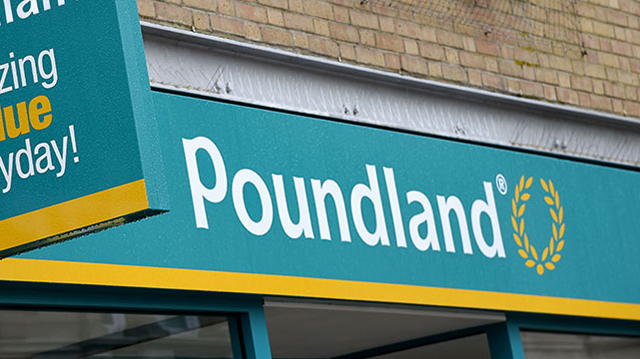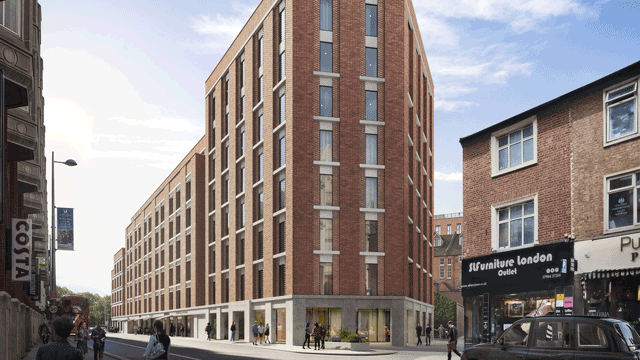There has been plenty of press about planned tax changes, which are the obvious takeaways from the Budget for property investors. However, if you look deeper the real returns are in property technology, writes Sonny Masero, chairman of Demand Logic.
Philip Hammond took the role of an advocate for the tech sector and placed his bet here for investment in growing the UK economy. The chancellor’s speech provides good reasons to follow the lead of Blackstone, CBRE and WeWork, which are actively seeking and investing in proptech start-ups to maximise the returns from their assets under management.
The tech sector received a ringing endorsement and financial boost from the chancellor. Not only did technology companies see new patient capital, Hammond also put money into the infrastructure required to better connect our cities – both virtually and physically.
Put this investment in the context of the alarm bells forewarning us of a tough Brexit, together with the increasing demands of property directors, and the use of technology to increase productivity in the property sector is the right focus for 2018. In that market, passive asset management will destroy value. Property directors have to ask for more, for higher quality services for less – whether that property director is an owner or an occupier.
Property technology is often associated with consumer websites which make the process of finding and buying a house much easier, but there is much more to proptech than the success stories of Rightmove, Zoopla and their competitors. The headline-grabbing, fast growth of resi-focused proptech has obscured those emerging in the commercial property market.
In his speech, the chancellor announced money for artificial intelligence, 5G internet connectivity and geospatial data. While some parts of the UK still grapple with poor internet connectivity, the budget aims to use £385m to encourage full-fibre networks to speed up our internet as well as further development of 5G testbeds allowing for more immersive AR/VR experiences in cities, further blurring the boundaries between the physical and virtual worlds. By investing £40m in the geospatial commission the UK government will make available more data which can be used for planning, developing and moving efficiently around our cities. AI is the third enabling technology where it is hard to pick the winning companies, but these robotic techniques are already being applied to existing property data to increase productivity and improve investment decision making.
“We have some of the world’s best companies and a commanding position in a raft of tech and digital industries that will form the backbone of the global economy,” Hammond said in his speech. “A new tech business is funded every hour and I want that to be every half hour.”
The future of bricks and mortar is interwoven with technology. Our human experience of buildings is no longer purely physical. It is enhanced, and occasionally degraded, by the virtual world. That virtual world is becoming ever smarter. Faced with a more challenging UK economy and against innovative competition, the use of technology in property will become essential, very quickly.
In the past few years we have watched proptech rockets being prototyped and tested by start-ups, but the first market-ready models are now built and on the launch pad. This Budget has provided the fuel. In 2018 look-out for the early adopters who build technology into their assets and into property services to create new value and greater economic resilience. It is time to back proptech because these rockets are fuelled for take-off.











